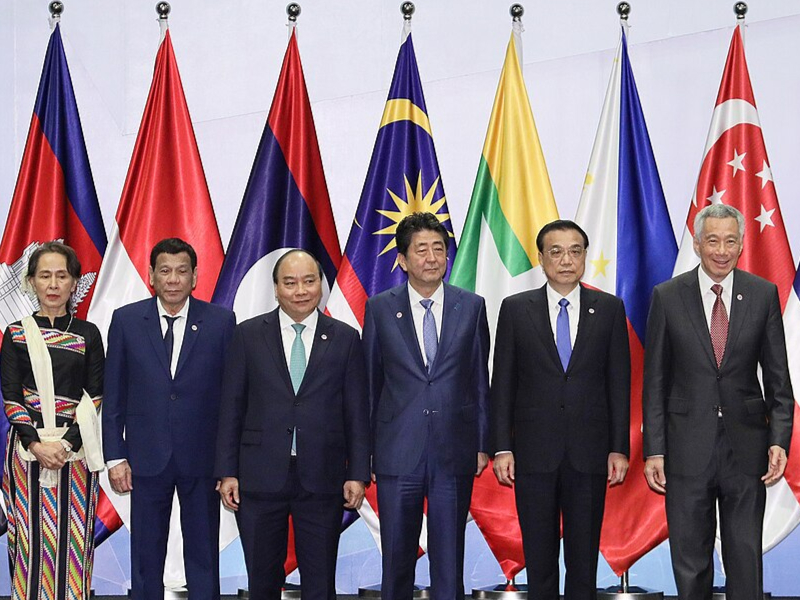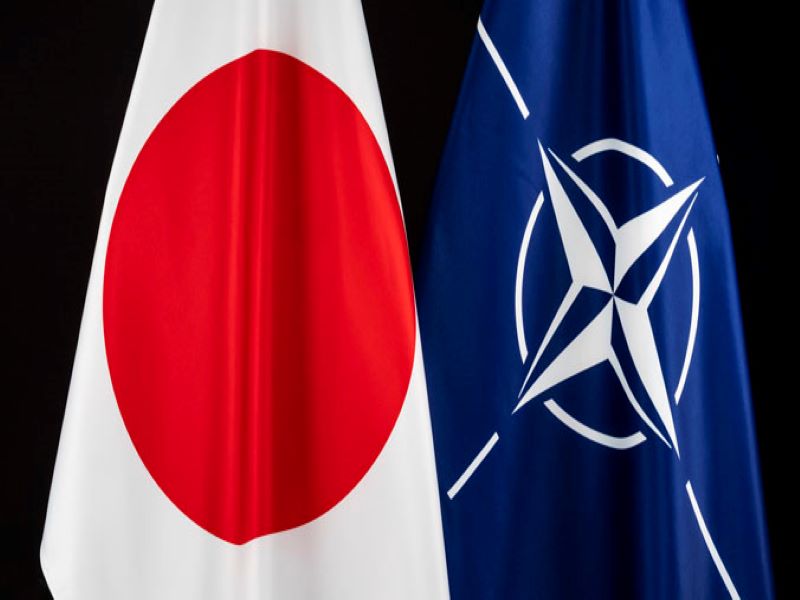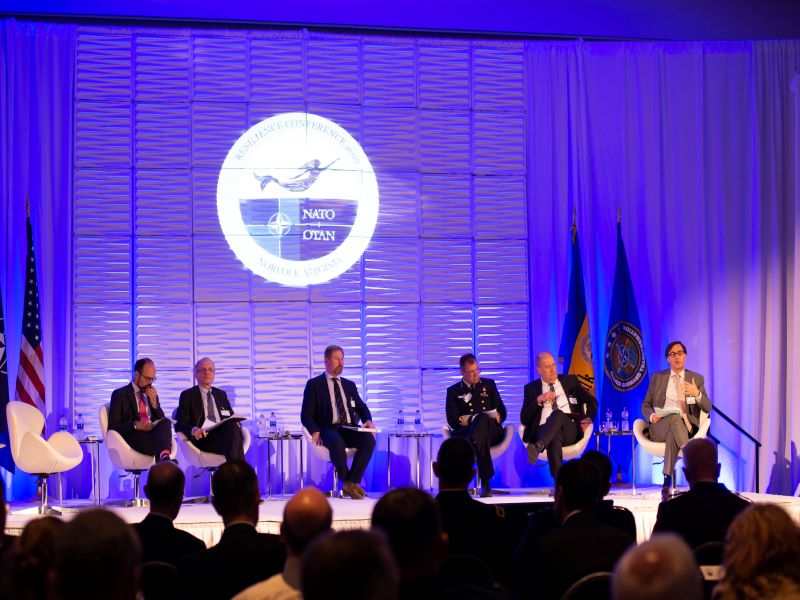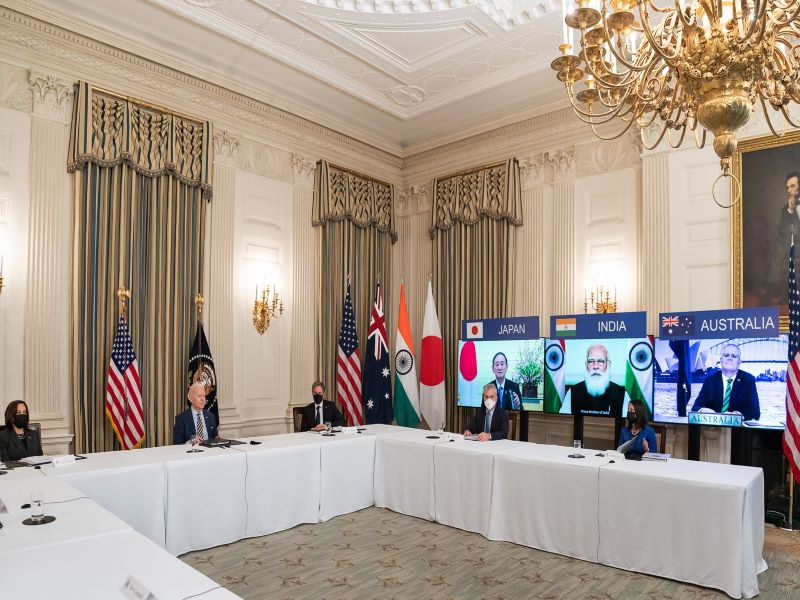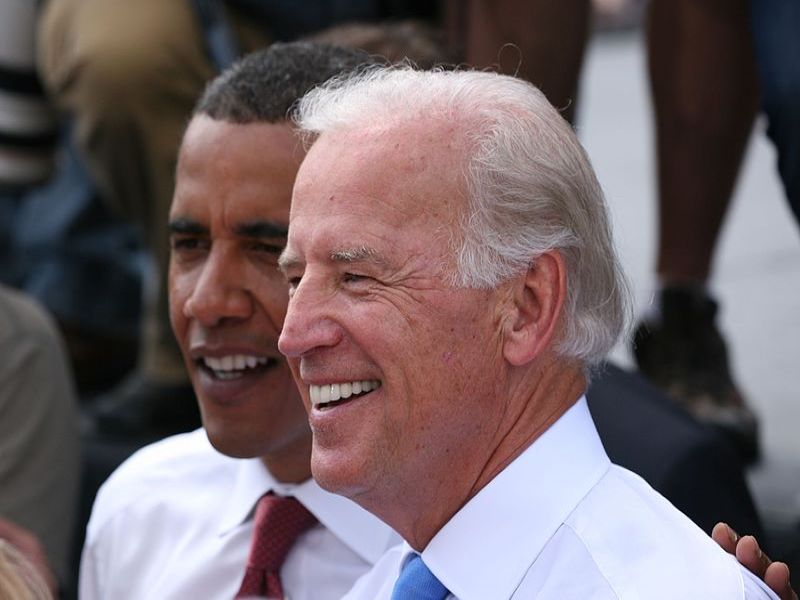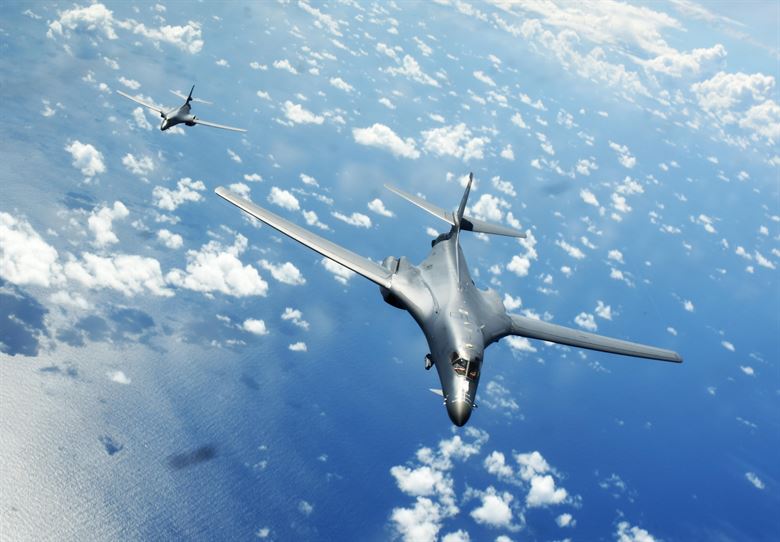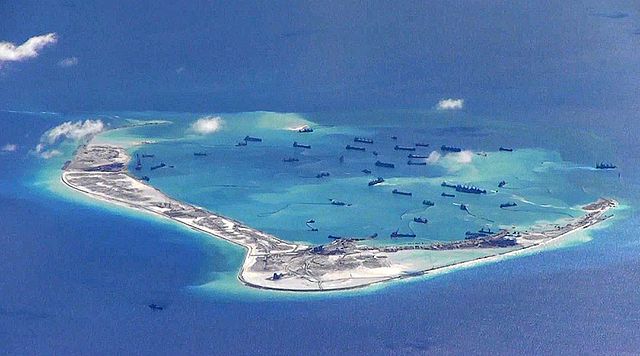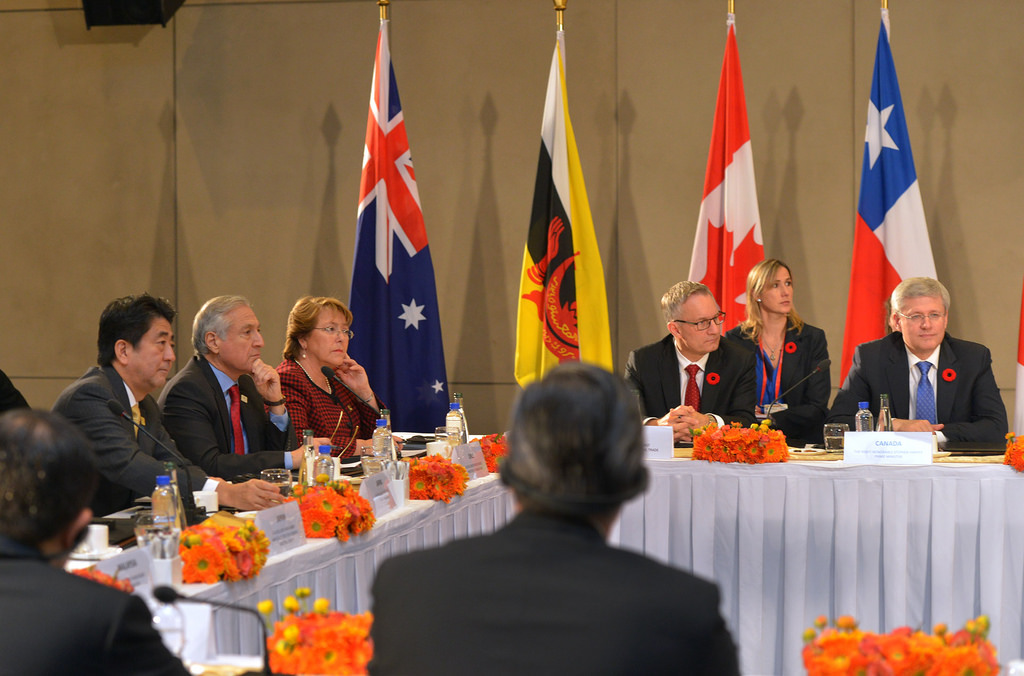Why is minilateralism viewed as the normative security model by states in the Indo-Pacific? What challenges can multilateralism face within the region, and how can minilateralism circumvent them? In this article, Karissa Cruz highlights why the postcolonial context from which much of the region emerged can create limits for NATO-style security cooperation, and why minilateralism has emerged as the primary framework.
Tag: ASEAN
Special Report: NATO’s Indo-Pacific Strategy Needs Japan
In this special report, Junior Research Fellow Andrew Erskine explores how NATO-Japanese relations are key for upholding a rules-based order in the Indo-Pacific. In particular, Andrew identifies how Japan, back with NATO’s diplomatic experience, can bring together Indo-Pacific nations that do not desire a bipolar order dominated by Sino-US great power competition.
The Indo-Pacific Takeaway: How can NATO build up its resiliency to China and a contentious global order
In this article, Junior Research Fellow Andrew Erskine identifies how a contentious Indo-Pacific can strategically maneuver NATO to preserve transatlantic prosperity by renewing its resiliency to Chinese cyber and economic coercion.
The Quad and the Blue Dot Network: Opportunities for Expansion and Cooperation in the Indo-Pacific
In this article, Research Analyst Emilio Angeles surveys opportunities for developing the Quad’s Blue Dot Network in the Indo-Pacific.
Biden and the Comprehensive and Progressive Transpacific Partnership: Challenges for Re-entry
The greatest challenge for Biden in the Pacific may be proving that U.S participation in multilateral-free trade agreements is a necessity and not a luxury. Emilio Angeles writes.
Notable Revisions at the 2018 ASEAN Summit: South China Sea Non-Consensus
The publication of the Chairman’s Statement at the 32nd ASEAN Summit notably deleted points on the South China Sea from its initial draft. With ASEAN being the region’s best chance to hedge against China’s military dominance, this raises key questions about the future possibility of conflict in the region.
An overview of tensions among regional actors in the South China Sea
Ryan Atkinson provides an overview of the current tensions between the Philippines, Vietnam and China over the South China Sea.
The Missing Link: China´s Exclusion from the TPP and the Emergence of Regional Trade Blocs
As part of our Trans-Pacific Parternship series, Michael explores the repercussions of excluding key global economies like China from the TPP.

